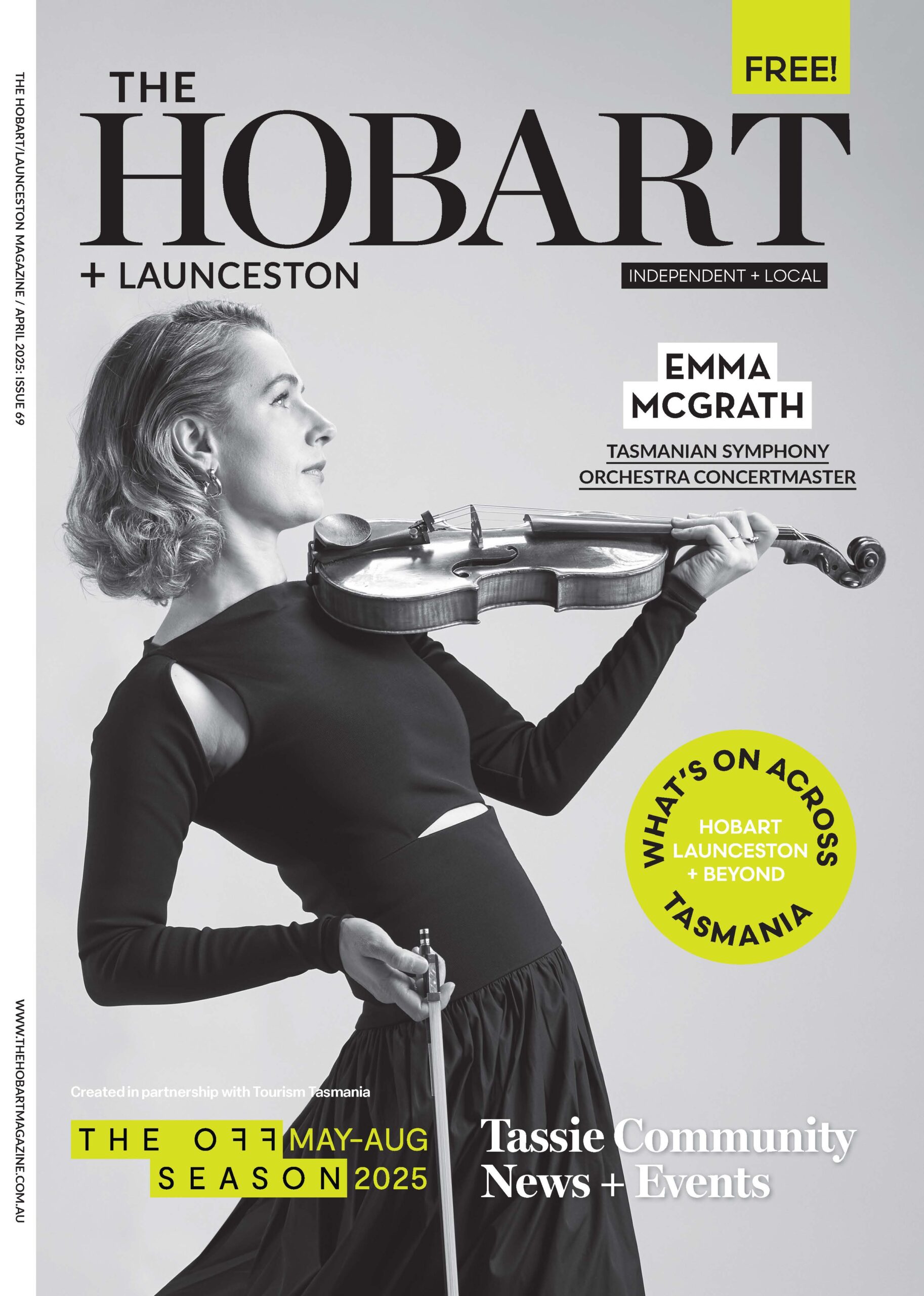Raising Teenagers
by Alison Boleyn

Clinical psychologist Dr David Bakker suggests how parents can support their kids through the challenging teenage years (and it’s not by fixing their problems).
Have you noticed a shift in teenagers’ concerns, or the questions their parents ask you? Absolutely, and the difficulties are escalating. Adults, like their children, are using technologies they weren’t taught how to use; I certainly didn’t learn from my parents how to use Snapchat. There’s massive variety in what parents believe about screen use and when everyone’s unsure, the kids sort of decide what they want. The business model of app and game developers is to maximise screen time; they use gambling techniques to keep people addicted to their products. If parents aren’t making a concerted effort against it, naturally you’ll find kids hooked into unhelpful loops.
If a teen has behavioural issues, is that always on their parents, whether it’s in the adults’ behaviour or plain old genetics? As a child, you learn to regulate your emotions – to adjust how you express and control your emotions – through co-regulation with your parents. Psychologists look at other parts of the picture – school, friends, culture, whether something stressful has happened – and there’s a genetic component, but we focus on what we can change. Parental behaviour is often a contributing factor and, unlike many factors, one that can be changed.
You identify four styles of parenting. What are these? Using a model focused on how parents address emotions, Emotionally Dismissive parenting ignores the emotion, so if a child is angry, the parent might say, “What do you need to do to get to school?” The Emotionally Disapproving style is about getting angry or upset at emotions; if a child is scared about going to a friend’s, you might say, “There’s nothing to be afraid of. Pull yourself together.” There’s the Permissive style, which is accepting that the emotion’s happening but not doing anything about it: “OK, you don’t have to go if you’re upset.” Emotion Coaching is the parenting style we know has the best benefits for developing emotional intelligence in young people, helping them understand and regulate their feelings. You do that by just talking to them about their feelings and showing empathy for their feelings. You still have boundaries and rules but enforce these with warmth and compassion.
Why should parents talk to a teen about what they’re feeling, rather than the thing upsetting them? Children and teens learn about their feelings by talking about them. If you just talk about the problem and not about the feelings it’s causing, an opportunity is missed to develop emotional regulation skills. If a teenager is able to regulate their feelings, they can usually come up with some good practical solutions to their problems. Also, most of life’s tricky situations have big emotional components. If a teen is being bullied at school, most barriers to using effective practical solutions will be emotional, such as anger at the bully, fear about telling a teacher, or shame.
What if your teen doesn’t communicate with you at all? You might want them to tell you all about their feelings and deep emotional struggles but they may not want to share. That’s a normal part of developing one’s sense of self; these young people are starting to manage things on their own or with the support of friends rather than parents. But I’m sure there are other things they might want to connect with you about. Find something the young person is interested in and show a genuine interest. Wanting to learn about their games for example – like playing with them in a multiplayer mode – can be a great way to start connecting.
What do you do if your interactions get angry fast? Step back and think about what’s going on for them at that moment. Self control can be like a muscle – one that’s less developed in teenagers. If they’ve just come home from school, when that muscle is fatigued, and you provide them with one more demand, they’re going to push back firmly. So it might be about you helping them recharge before you talk.
How do you know what conflict is normal teenage stuff? A good sign is: are there nice moments of connection? Also, do you model apologising and does your teenager apologise to you or others? Look at the quality of their friendships. How they interact with their friends is a better indication of the person they are because if they’re yelling and screaming at you, that’s an indication they feel totally comfortable with you. Comparisons with other parents can also be useful. When parents connect, they start to realise what’s developmentally appropriate and get some strategies. It can unwind the cycle, if a parent’s thinking, “Oh my God, my teenager is turning into a monster,” every interaction will have a sense of needing to fix them. This might come out as more punishment or less warmth and the teenager will push the parent further away. For info about the Tuning in to Teens course, contact info@archerstreethealth.com.au.

